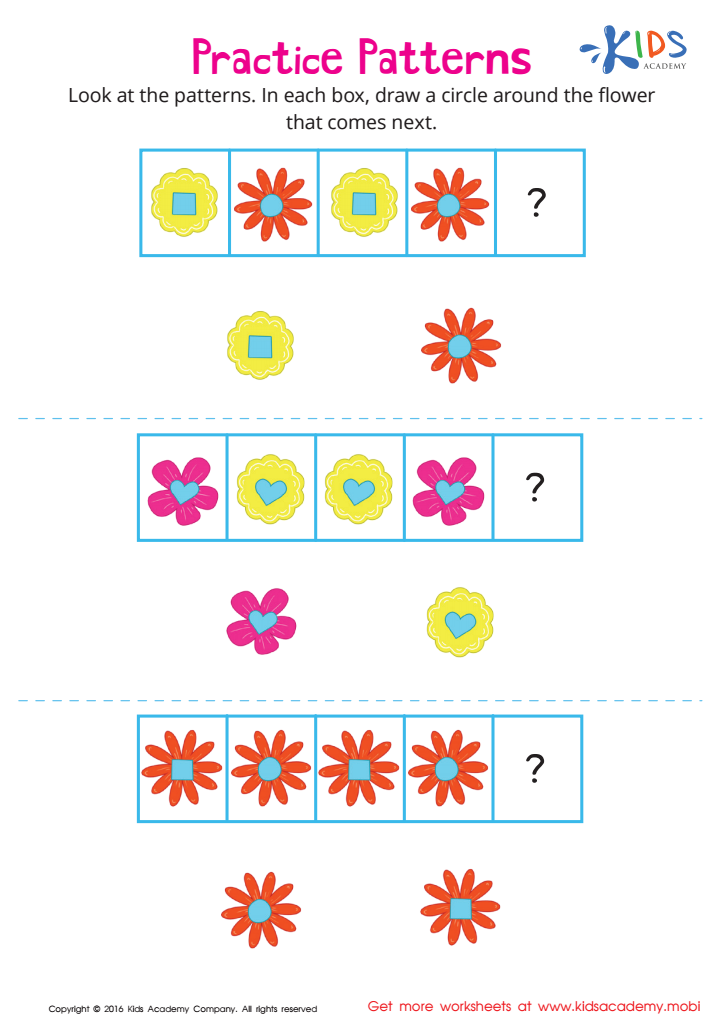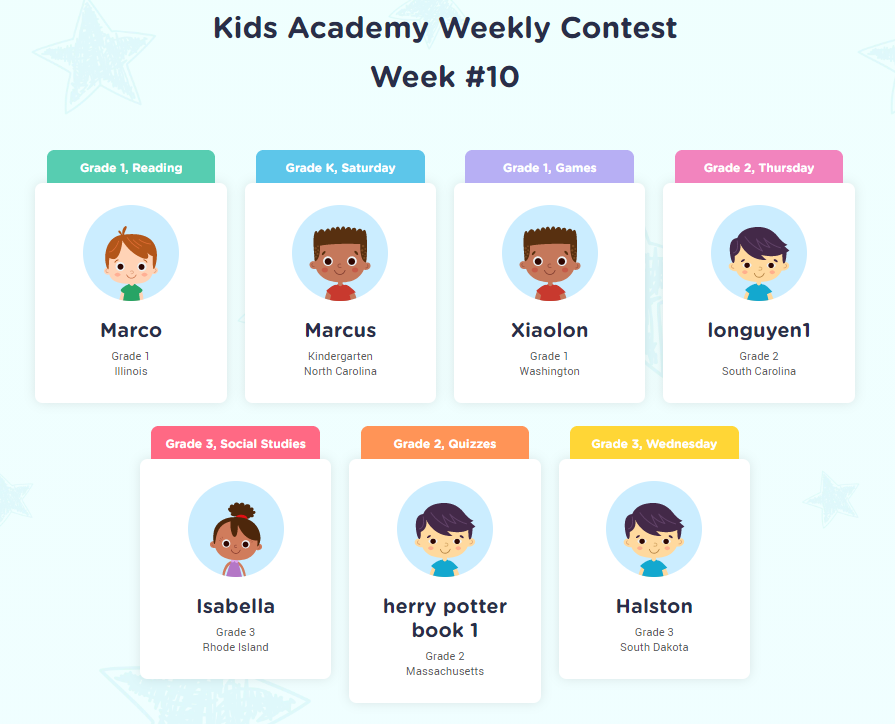Logical thinking Normal Worksheets
16 filtered results
-
From - To
Unlock your child's potential with our "Logical Thinking Normal Worksheets." Designed for early learners, these worksheets enhance critical thinking and problem-solving skills through engaging activities. Your child will enjoy puzzles, patterns, and logical sequences that foster reasoning and analytical abilities. Our resources cater to diverse learning styles and are aligned with education standards, ensuring a fun and enriching experience. Perfect for teachers and parents alike, these worksheets promote cognitive development in a structured, interactive format. Dive into our collection today and support your child's journey toward becoming a confident thinker!
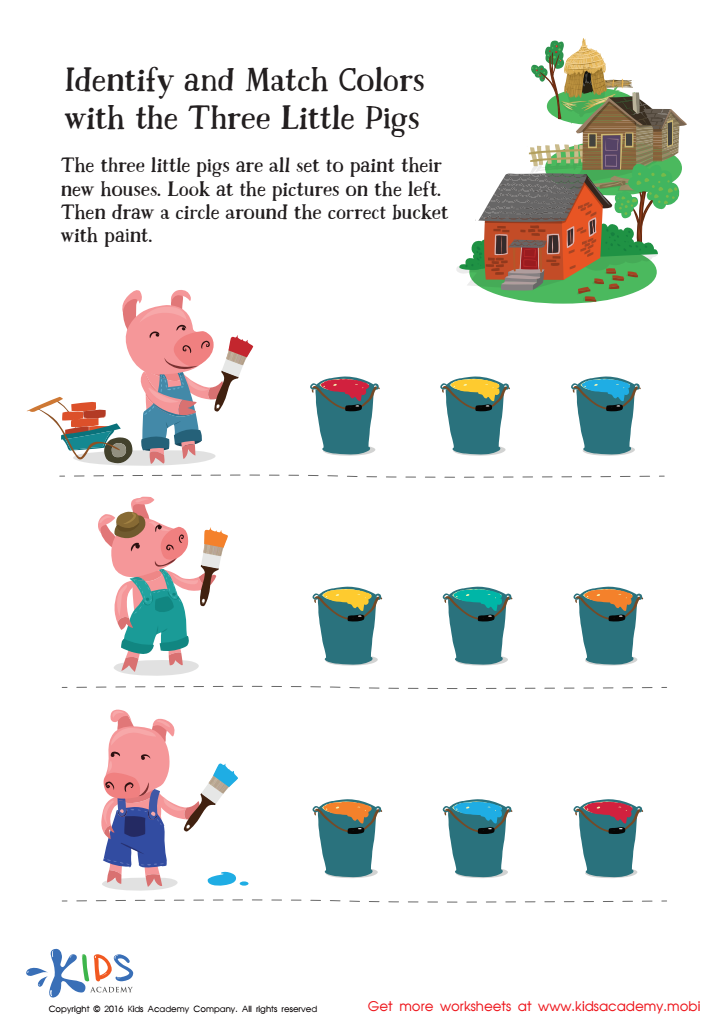

Fairy Tale Worksheet: Identify and Match Colors with Three Little Pigs
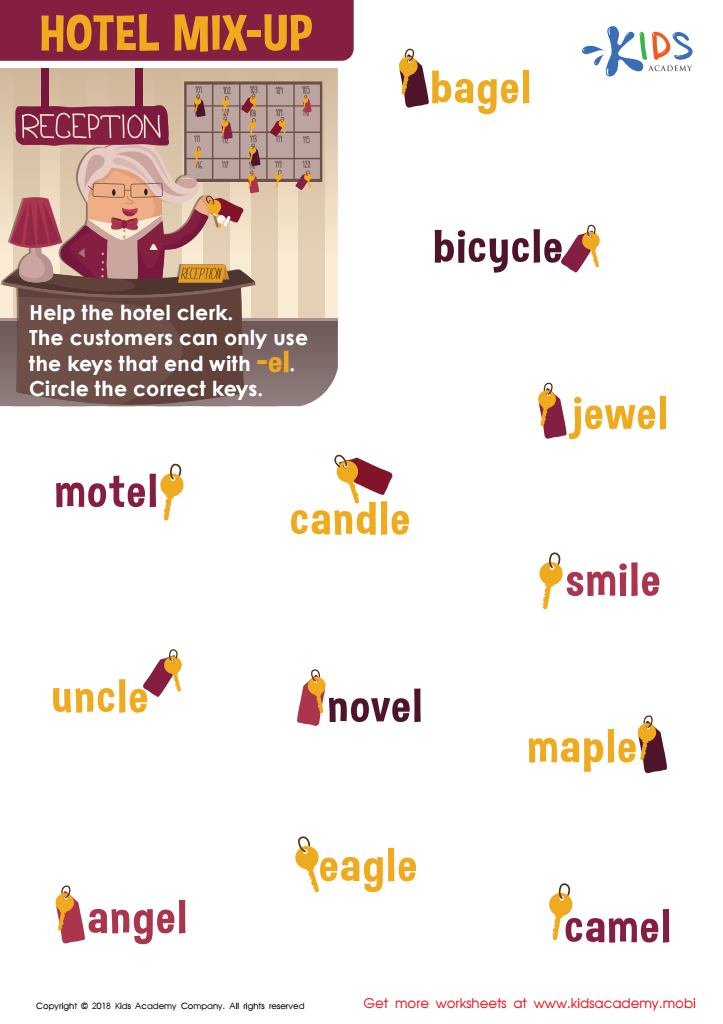

Hotel Mix-up Worksheet
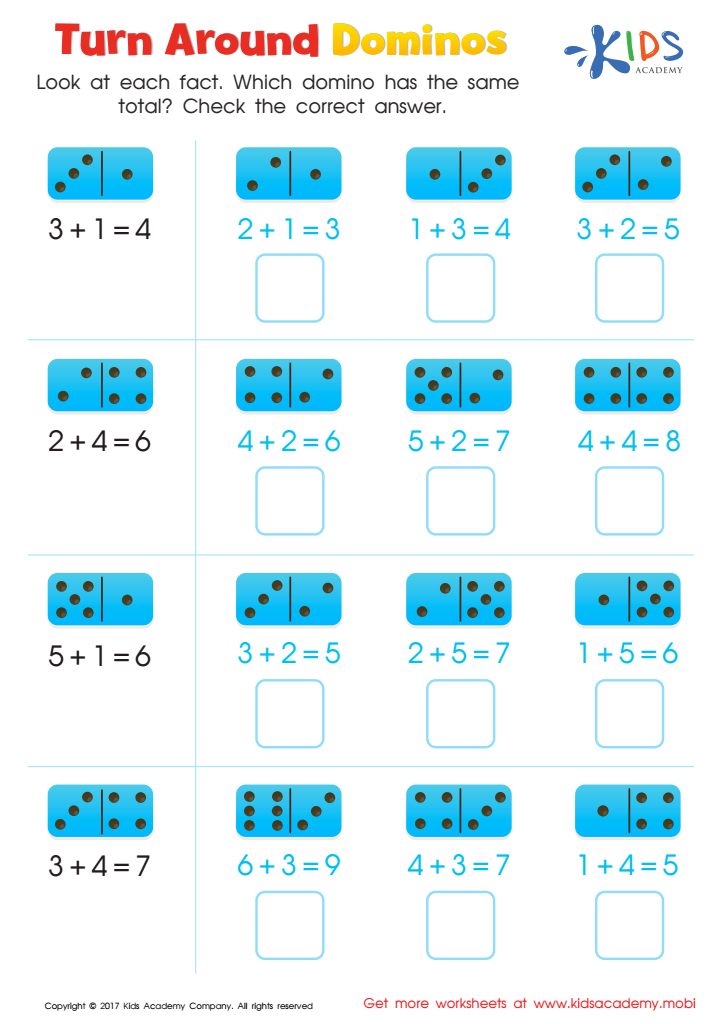

Turn Around Dominos Worksheet
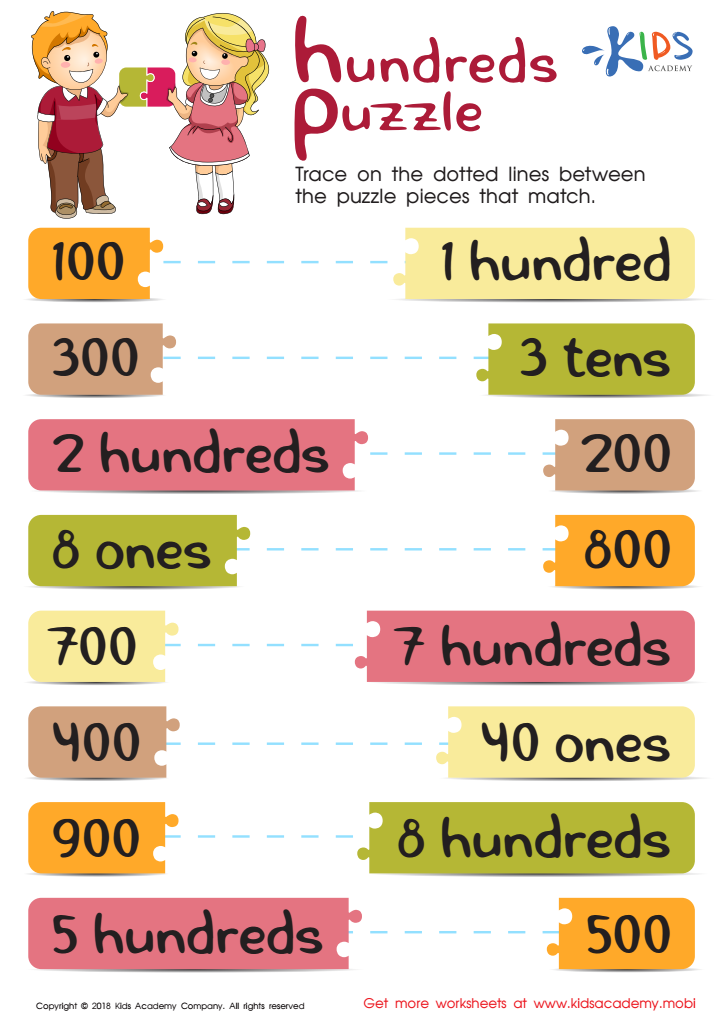

Hundreds Puzzle Worksheet


The Dog and His Bone Worksheet
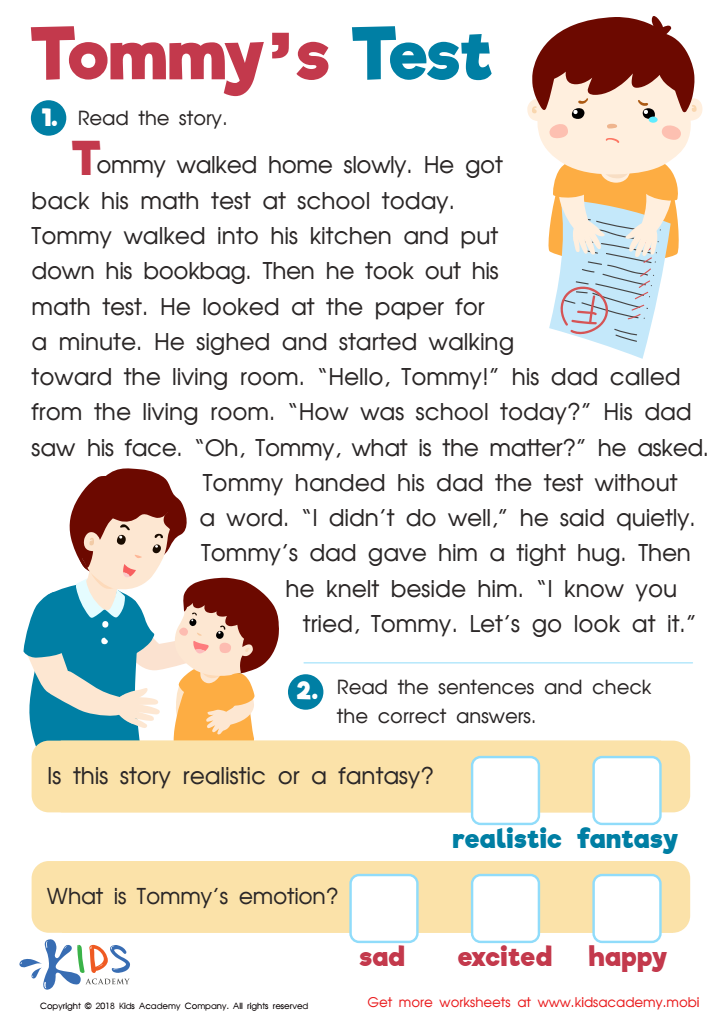

Tommys Test Worksheet
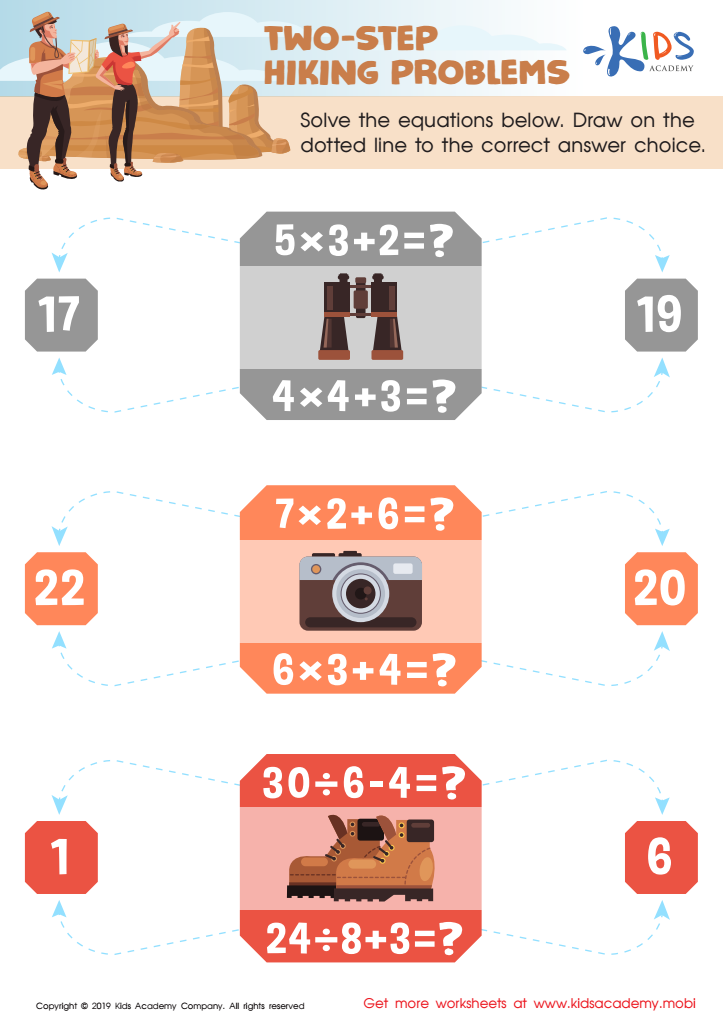

Two-Step Hiking Problems Worksheet
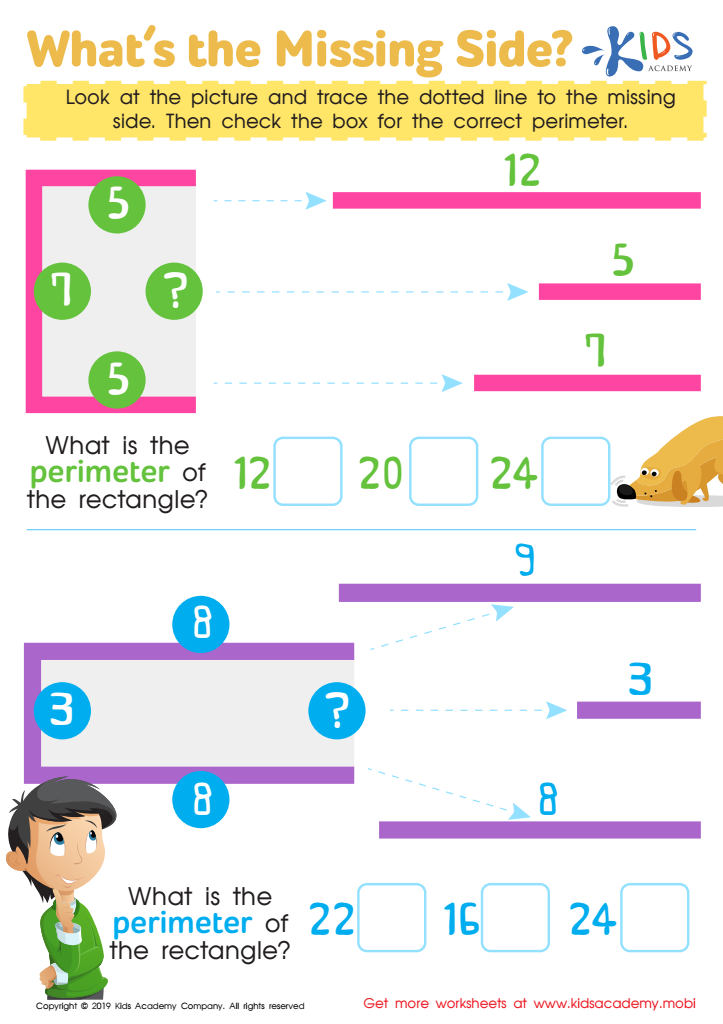

What's the Missing Side Worksheet
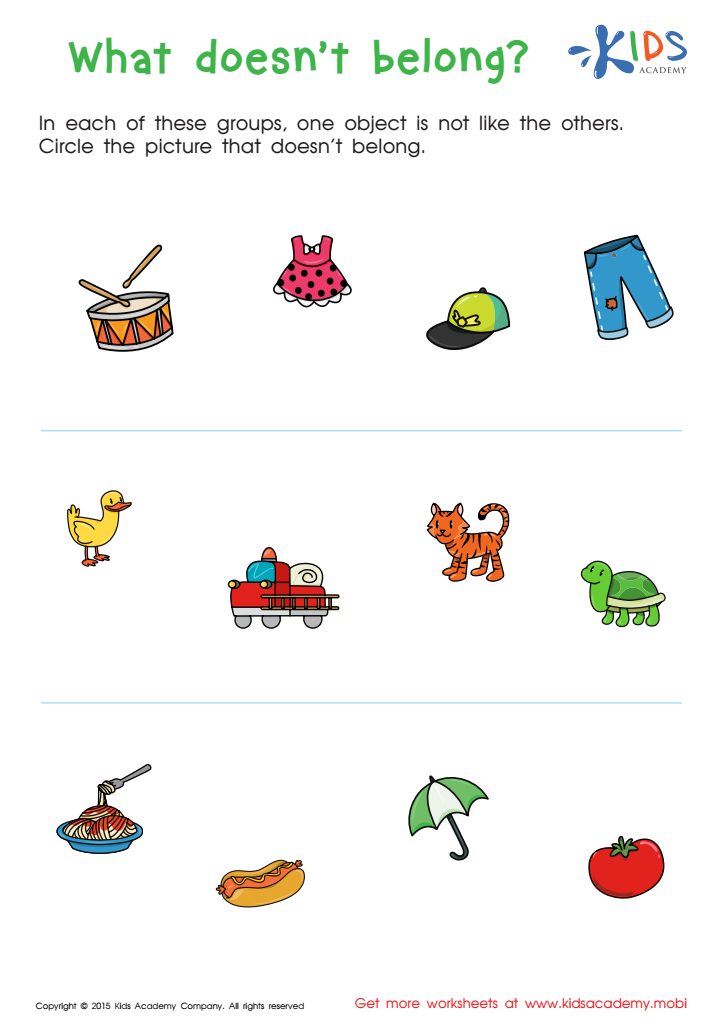

First Words: What Doesn't Belong Worksheet
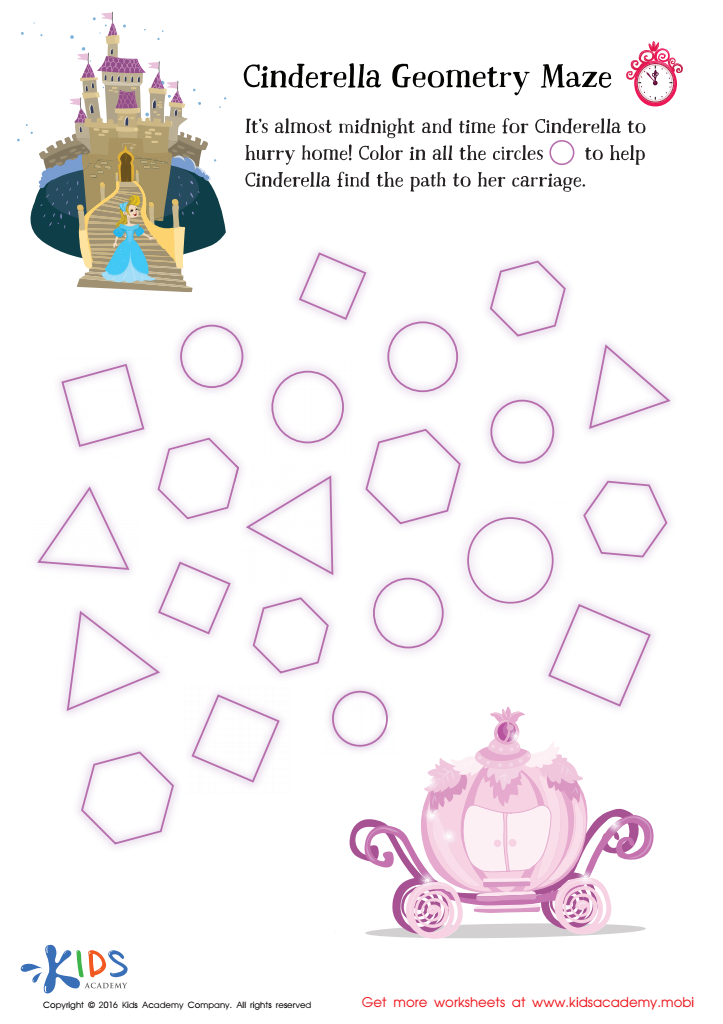

Cinderella Geometry Maze Worksheet
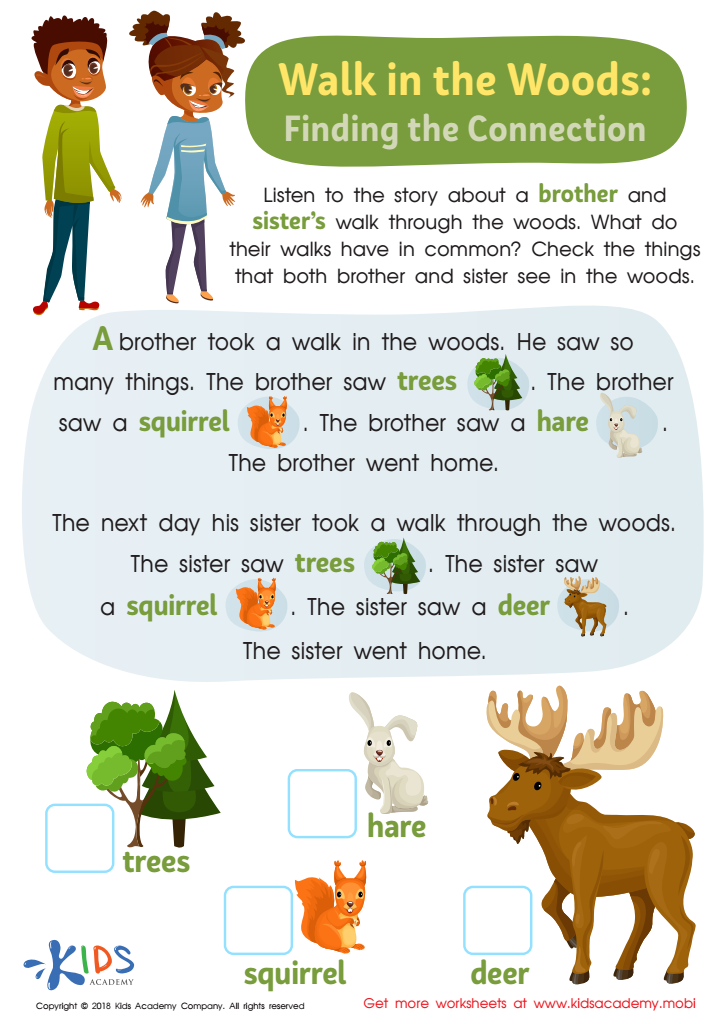

Walk In the Woods: Finding Connections Worksheet
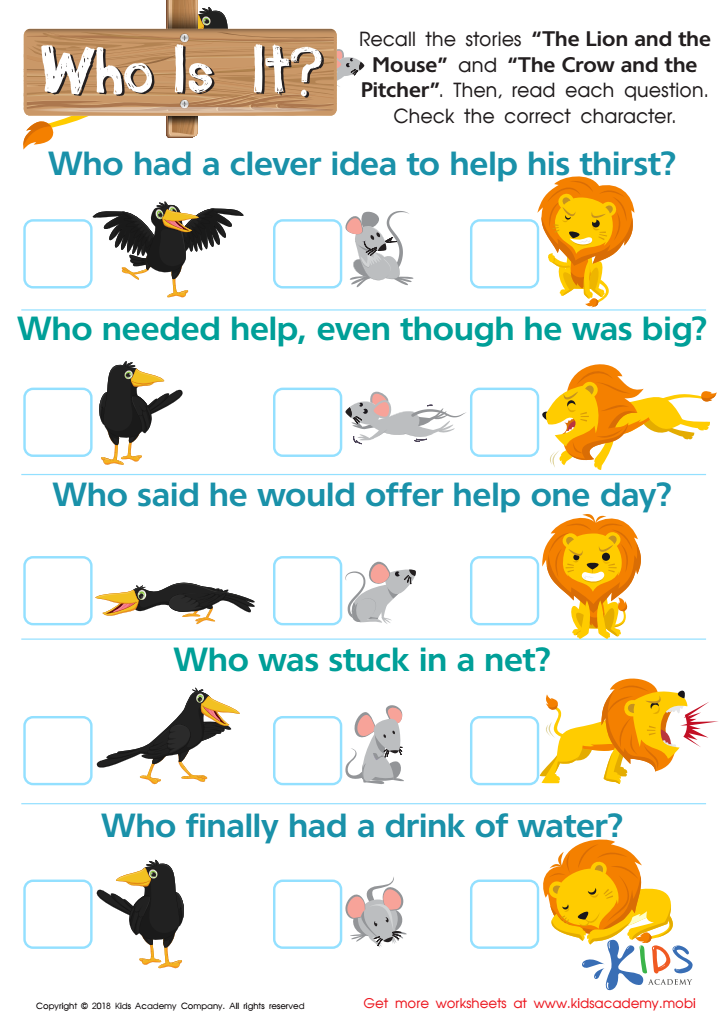

Who Is It? Worksheet
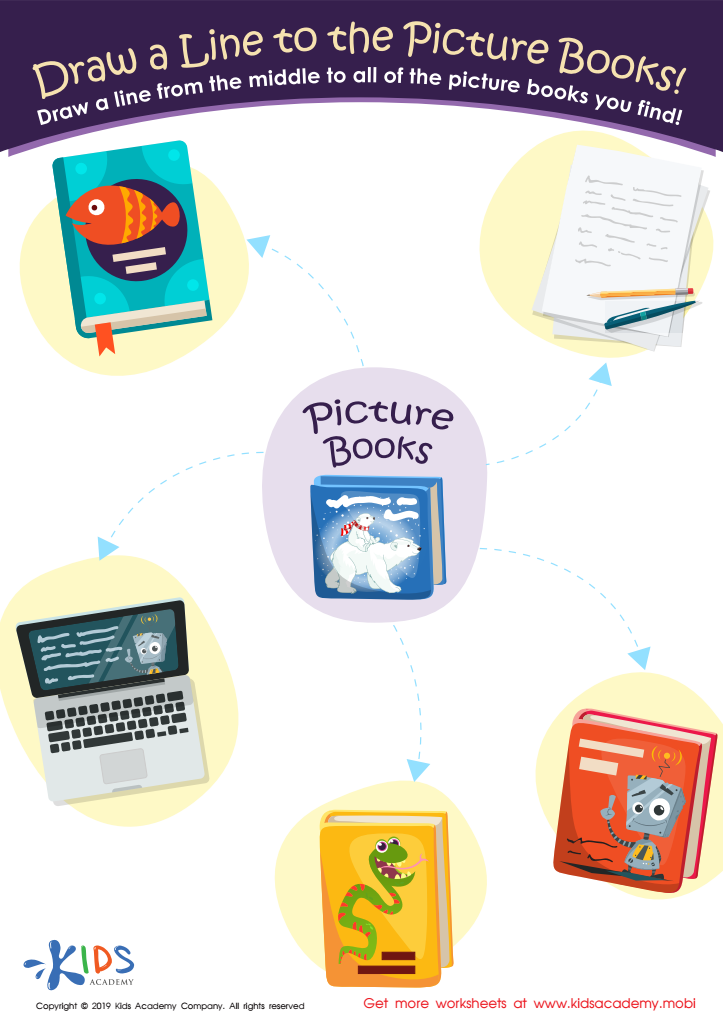

Draw a Line to the Picture Books Worksheet
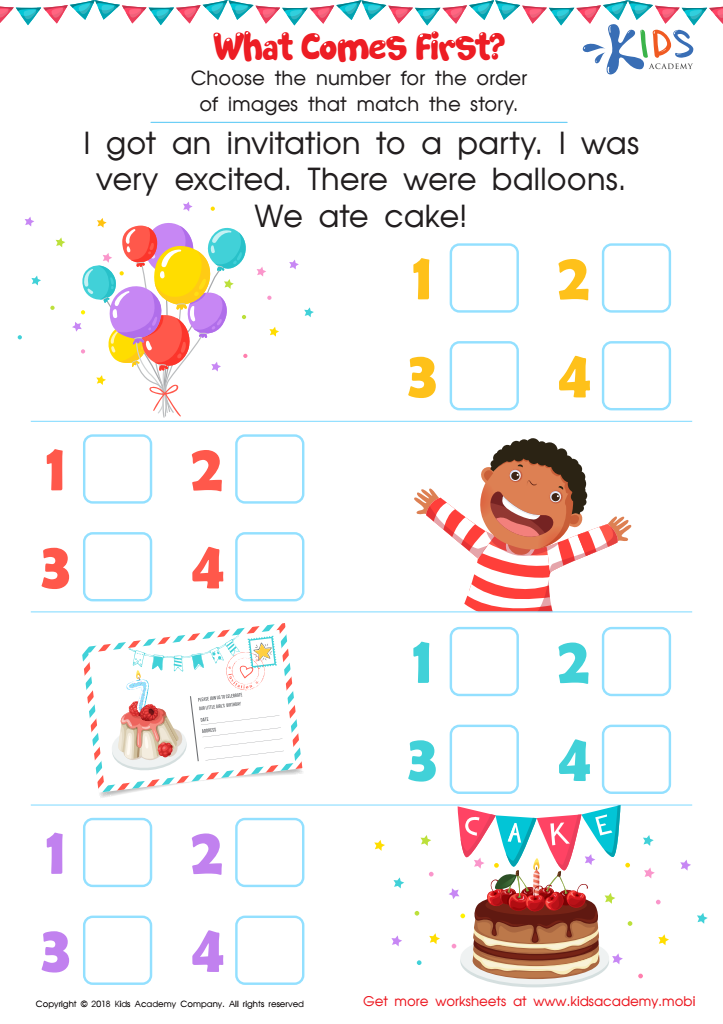

What Comes First Worksheet
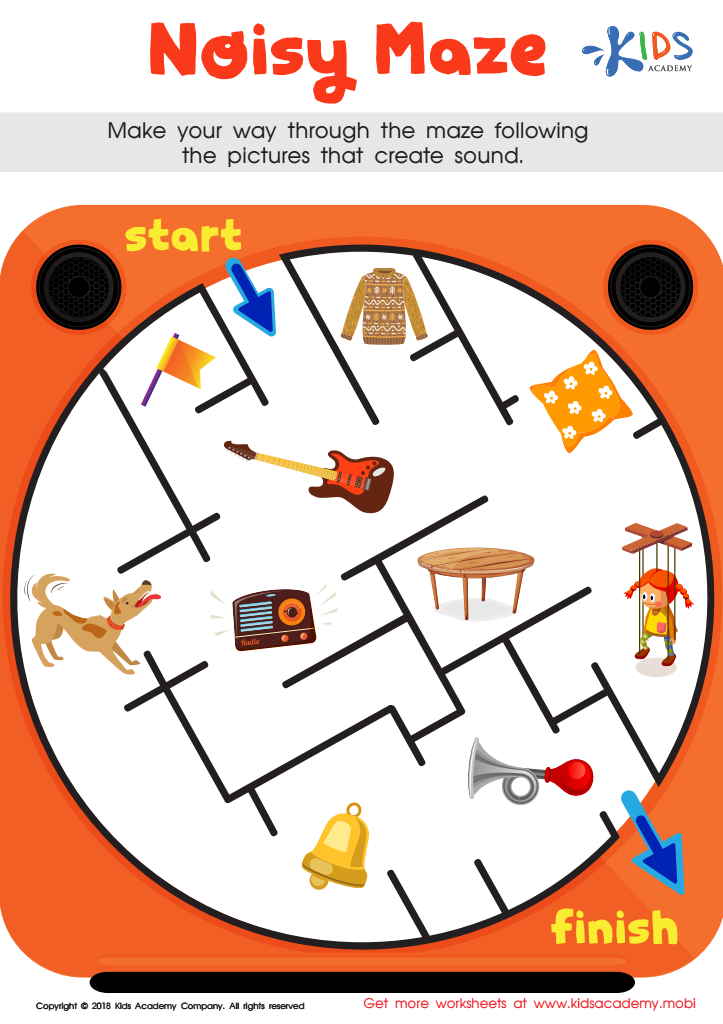

Noisy Maze Worksheet
Parents and teachers should prioritize fostering logical thinking in children because it lays the foundation for essential problem-solving and decision-making skills. Logical thinking helps children analyze situations, draw conclusions, and develop arguments based on evidence. This cognitive ability is crucial for academic success across subjects, especially in math and science, which rely heavily on reasoning skills.
Moreover, logical thinking promotes independent thought and encourages children to question and understand the world around them, which is vital in our increasingly complex society. It aids in learning how to approach challenges systematically, making it easier to break down problems into manageable parts and explore potential solutions.
Moreover, nurturing logical thinking early on supports emotional intelligence. When children learn to evaluate their thoughts and emotions logically, they become better equipped to handle conflicts and make sound judgments regarding their relationships and interactions with others.
In a broader context, logical thinking fosters a sense of curiosity and a love for learning, traits that are essential for lifelong learning. Contributing to children's logical reasoning skills not only enhances their educational experience but also prepares them for future challenges in their personal and professional lives, making it a priority for both educators and parents.
 Assign to My Students
Assign to My Students


